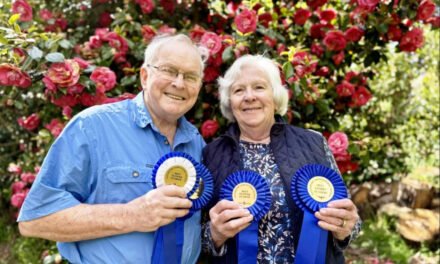In the lead up to International Women’s, UNESCO has declared February 11th as the International Day for Women and Girls in Science. A key ambition is to encourage more girls and young women to pursue science, technology, engineering and maths (STEM).
Data from universities and research institutions show a significant gender gap between male and female scientists and researchers:
- Women are typically given smaller research grants than their male colleagues and, while they represent 33.3% of all researchers, only 12% of members of national science academies are women.
- In cutting edge fields such as artificial intelligence, only one in five professionals (22%) is a woman.
- Despite a shortage of skills in most of the technological fields driving the Fourth Industrial Revolution, women still account for only 28% of engineering graduates and 40% of graduates in computer science and informatics.
- Female researchers tend to have shorter, less well-paid careers. Their work is underrepresented in high-profile journals and they are often passed over for promotion.
Monash University Professor of Digital Technology and Society, Yoland Strengers has pointed out that, “There is a ‘diversity crisis’ in computing disciplines – where girls and women account for only 28% of enrolments globally in information and communications technology. Progress has been slow, and in some cases, we are falling further behind. In advanced technology disciplines like Artificial Intelligence (AI), the data is even more concerning.
“Initiatives like Monash’s Superbots Industry Immersion Program are steps in the right direction to bridge the gap between emerging technologies and future female innovators. The Program helps girls from Years 7 to 9 to design their own voice bot which centres around a ‘personality planner’ that prompts consideration of human traits – such as the voice bots name, ‘species’, gender, race and age, in relation to its intended purpose and audience.
“In order to develop an inclusive discipline that invites people in through multiple pathways, we must reposition, redefine and recognise that AI and other advanced sciences are social sciences as well as technical ones.”
United Nations Secretary General, Antonio Guterres argues, “We can all do our part to unleash our world’s enormous untapped talent – starting with filling classrooms, laboratories, and boardrooms with women scientists.”





